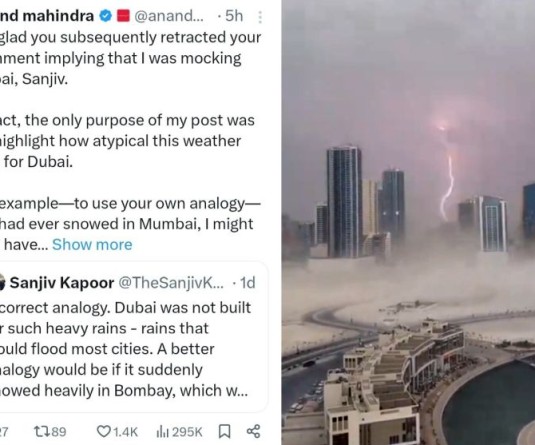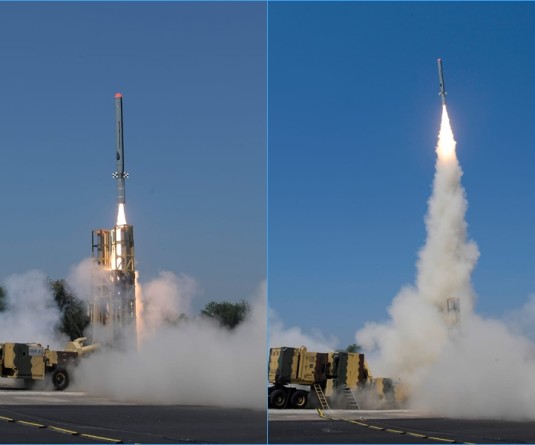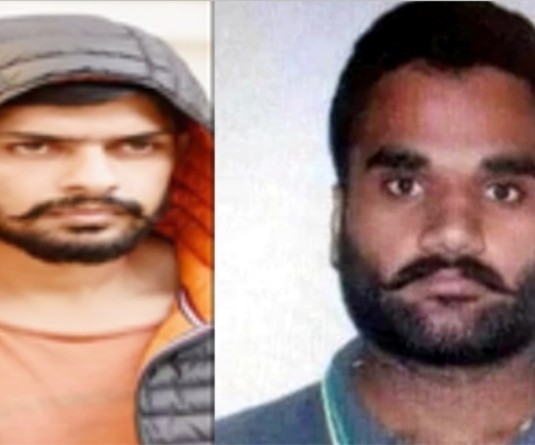
New Delhi, January 16 (PTI): Amid a debate over phone-tapping and making conversations public without authorisation, the Telecom Ministry has proposed a penalty of up to Rs. 2 crore on unlawfully tapping, as against just Rs. 500 at present. In a communique to the Prime Minister’s Office (PMO), the Department of Telecom (DoT) has proposed the imposition of a penalty between Rs. 1 lakh and Rs. 2 crore for breaches under different sections of the Indian Telegraph Act, 1885.
For breach of Section 26 of the Act, which prohibits telegraph officers or other officials from making away with or altering, unlawfully intercepting or disclosing messages, or divulging the purport of signals, the maximum penalty has been proposed. As per the existing Act, any breach of this section attracts imprisonment, which may extend up to three years, along with a fine of Rs. 500. The proposed amendment to the Indian Telegraph Act is likely to be tabled in Parliament soon.
Amendments to the Indian Telegraph Rules for electronic provision and collection of Call Data Records (CDRs) have also been proposed. A decision is likely to be taken on these amendments by the end of the coming Budget session of Parliament, says the DoT communication to the PMO. The move assumes significance in the wake of the Niira Radia tapes and their leakage to the media. In fact, noted industrialist Ratan Tata criticised the government’s “lackadaisical attitude” to the leakage of his tapped telephonic conversations with corporate lobbyist Ms. Radia in the Supreme Court, alleging it remained least bothered about the violation of an individual’s privacy in the entire episode.
He voiced the criticism in an affidavit filed in the apex court in response to the government’s reply to his petition, seeking protection of his right to privacy, which is linked to a citizen’s fundamental right to life. Mr. Tata’s comments came in the wake of some magazines publishing transcripts of conversations between Ms. Radia and several industry leaders, politicians and journalists, which were intercepted by government agencies.
The DoT note also highlights that under the Telegraph Act, there is a provision to destroy the copies of communication intercepted by the government in case the review committee - mandated to meet at least once in two months - finds that the interception is not in accordance with the provisions of the Indian Telegraph Act and Rules. The DoT has also completely ruled out any increase of the liability on the telecom service providers, saying the provisions already exist and are stringent enough to discourage the repeat of any such act of leaking or making public any such private conversation in future. A penalty of up to Rs. 50 crore can be levied on telecom service providers for breach of any licensee terms and conditions. As such, a reasonable deterrent exists against unlawful interception and monitoring in the existing laws and in the terms and conditions of the licence issued to various telecom service providers, the note added.
For breach of Section 26 of the Act, which prohibits telegraph officers or other officials from making away with or altering, unlawfully intercepting or disclosing messages, or divulging the purport of signals, the maximum penalty has been proposed. As per the existing Act, any breach of this section attracts imprisonment, which may extend up to three years, along with a fine of Rs. 500. The proposed amendment to the Indian Telegraph Act is likely to be tabled in Parliament soon.
Amendments to the Indian Telegraph Rules for electronic provision and collection of Call Data Records (CDRs) have also been proposed. A decision is likely to be taken on these amendments by the end of the coming Budget session of Parliament, says the DoT communication to the PMO. The move assumes significance in the wake of the Niira Radia tapes and their leakage to the media. In fact, noted industrialist Ratan Tata criticised the government’s “lackadaisical attitude” to the leakage of his tapped telephonic conversations with corporate lobbyist Ms. Radia in the Supreme Court, alleging it remained least bothered about the violation of an individual’s privacy in the entire episode.
He voiced the criticism in an affidavit filed in the apex court in response to the government’s reply to his petition, seeking protection of his right to privacy, which is linked to a citizen’s fundamental right to life. Mr. Tata’s comments came in the wake of some magazines publishing transcripts of conversations between Ms. Radia and several industry leaders, politicians and journalists, which were intercepted by government agencies.
The DoT note also highlights that under the Telegraph Act, there is a provision to destroy the copies of communication intercepted by the government in case the review committee - mandated to meet at least once in two months - finds that the interception is not in accordance with the provisions of the Indian Telegraph Act and Rules. The DoT has also completely ruled out any increase of the liability on the telecom service providers, saying the provisions already exist and are stringent enough to discourage the repeat of any such act of leaking or making public any such private conversation in future. A penalty of up to Rs. 50 crore can be levied on telecom service providers for breach of any licensee terms and conditions. As such, a reasonable deterrent exists against unlawful interception and monitoring in the existing laws and in the terms and conditions of the licence issued to various telecom service providers, the note added.




